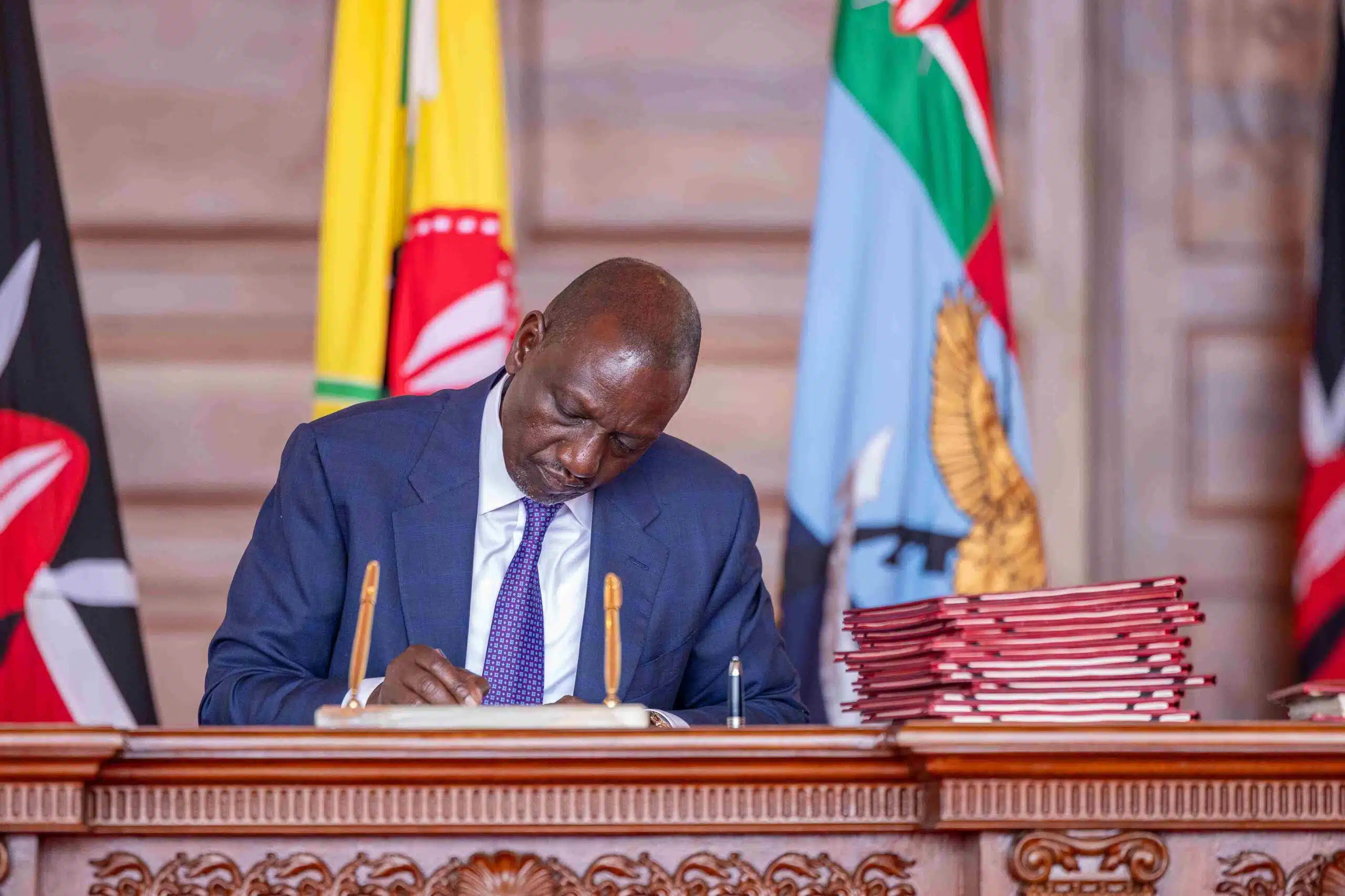Ethiopia’s parliament has passed the landmark Banking Business Proclamation, allowing foreign banks to establish branches in the country. This move aligns with the government’s goal of attracting foreign investment and boosting the nation’s economy.
With a population exceeding 120 million, Ethiopia recently emerged from a two-year war that deterred foreign investment. On 17 December 2024, the cabinet passed the draft bill into law, enabling foreign banks to establish subsidiaries, open branches or representative offices, and purchase shares in local banks.
The Proclamation, first approved on 14 June 2024, caps foreign strategic investors’ ownership of local banks at 40%, with an additional 7–10% reserved for non-strategic foreign national investors. Combined foreign ownership, including foreign-owned Ethiopian entities, is limited to 49%, ensuring majority control remains in Ethiopian hands.
The law also allows foreigners to hold senior executive positions in local banks but requires at least one Ethiopian representative on the Board of Directors to safeguard local content. The Commercial Bank of Ethiopia, a state-owned institution, currently dominates the banking sector.
Despite strong support for the bill, some lawmakers expressed concerns about local banks struggling to compete with foreign institutions. In response, Mamo Mihretu, Governor of Ethiopia’s Central Bank, argued that competition from foreign banks would push local banks to improve their services.
Kenya’s KCB Bank and Standard Bank have already expressed interest in entering Ethiopia’s banking market, marking a new chapter for the country’s financial sector.






